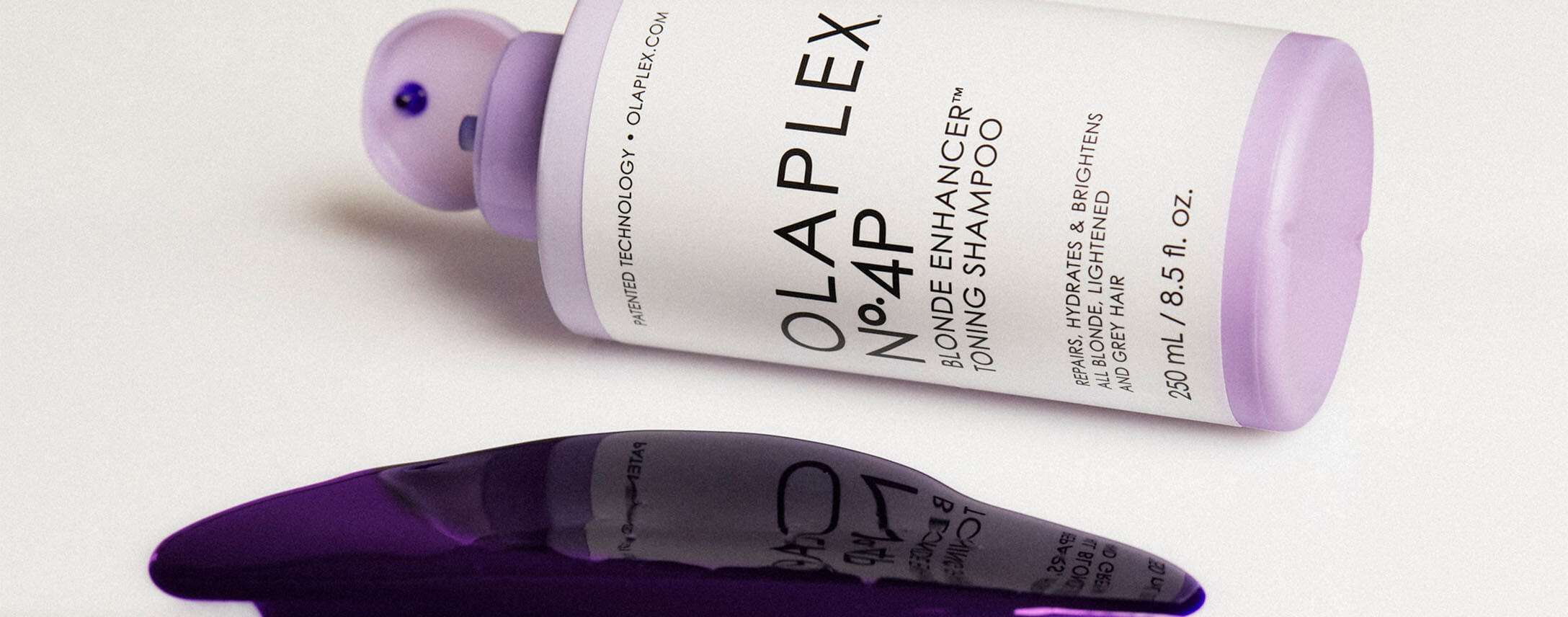The salon employment law changes you need to know about


From the new National Minimum Living wage through to how you calculate holiday pay, there are a number of employment law changes coming into effect this month that will affect your salon.
There are also new rules around Statutory Sick Pay (SSP) which have been introduced during the coronavirus outbreak.
Rebecca Day, an HR expert who specialises in beauty and retail industries, says “It’s really important you stay up-to-date with any changes in employment law. Not only is it costly if you’re taken to a tribunal, if you find you haven’t budgeted correctly for holiday pay and wages then that can have a massive impact on your profitability.”

New right to a written statement of terms
The law has changed around the written statement of terms document you give to employees when they start working for you.
Previously you had up to two months to issue the statement but, from 6 April, staff have a right to a statement of written particulars from their first day. In addition, whilst currently you only have to provide a written statement to employees, from 6 April you will also have to provide any casual workers with a written statement too.
Your written statement should contain details including:
- *notice period
- *probationary period including the duration and any conditions (ie: the right to extend)
- *working hours and days and if and how hours and days may be varied
- *Details of all benefits (ie: discount on products and services)
- *Details of any other paid leave (ie: maternity leave, sick leave)
- *Training that the worker must complete including any training costs that the worker is responsible for paying for
“Speak to whoever does your payroll and make sure they have checks and balances in place to automatically flag up when the NLW and NMW increases.”

Rebecca says, “This written statement not only protects your business, it means employees know what they need to do and how they should do it.”
This change in law is a great opportunity to review your contracts and terms and conditions. “They often don’t go far enough so put together a more comprehensive contract particularly around the areas that always come up when there is a dispute”, says Rebecca. “These include who owns the clients and post-termination restrictions like not poaching employees.
“In my experience, people often download a contract - a one size fits all that doesn’t reflect what’s going on in their business. What also happens is people put in clauses that simply aren’t enforceable. For example, banning ex-employees from working within a six-mile radius of the salon.
“Sit down and consider what problems you’ve seen, what keeps you up at night in terms of concerns over previous employees, what misunderstandings there are. And then think, ‘do I want to go further and do I want an employee handbook as well? And if I do, what policies should be contractual and which ones should be non-contractual so I have a right to vary them?’”
Holiday pay calculations
Another key change is how holiday pay is calculated. Getting it wrong could have a big impact on your budget.
“When you’re working out how much holiday pay someone is due, you used to take the previous 12 weeks into consideration and work it out based on that period”, says Rebecca. “Effective from 6th April the reference period is 52 weeks. You have to work out the average wage based on how many hours they’ve worked but also the fluctuating commission and pay they received. It’s important for your salon in terms of budgeting.”
National Living Wage and National Minimum Wage
The National Living Wage (NLW), which applies to staff aged 25 and over, increases by 6.2% on 1 April. This will take hourly pay from £8.21 to £8.72.
The National Minimum Wage (NMW) also increases from April and means staff aged 21 to 24 will see their pay increase from £7.70 to £8.20. Apprentices will see their hourly rate increase to £4.15 an hour. You can find out the other wage increases on the government website.
Rebecca says, “Speak to whoever does your payroll and make sure they have checks and balances in place to automatically flag up when the NLW and NMW increases. You also need checks for when employees go up a threshold as they turn 18 or 25. Sometimes bigger organisations get caught out with that one.”
And don’t forget to factor in the new NLW/NMW rates if your salon operates a commission-based pay scheme. “If you have this pay scheme, staff are eligible to receive a certain percentage of their personal service revenue or the national minimum wage hourly rate, whichever is the greatest. Factor in the new NMW/NLW rates into your calculations so that you don’t pay under the new thresholds.”
DATE FOR YOUR DIARY: From April 2021, the NLW will apply to people aged 23 and over.
Parental Bereavement Leave
The new Parental Bereavement Leave comes into force this month. This gives all employed parents a right to two weeks’ leave if they lose a child under the age of 18 or suffer a stillbirth from 24 weeks of pregnancy.
Staff with 26 weeks continuous service will be entitled to two weeks of paid leave. Employees who’ve been with your salon less than 26 weeks will be entitled to unpaid leave.
“There’s been a lot in the news about whether it goes far enough but it’s a starting point”, says Rebecca.
IR35
A particularly confusing piece of legislation that could affect your hair and beauty business is IR35. It’s aim is to decide whether a contractor really is a contractor - and so can enjoy tax efficiency - or whether they are a ‘disguised’ employee.
This is particularly important for the hair and beauty industry because 54% of people who work in hairdressing and barbering are self-employed. Meanwhile, 57% of people working in the beauty industry are self-employed.
“People get really confused about IR35”, says Rebecca. Whilst it’s true that the IR35 rules won’t impact many businesses in the Salon Industry as most are not large enough, it doesn’t change the rules regarding self-employed versus employed staff.
“There’s a checklist to determine if someone is truly self-employed. For example, they have the right to set their own hours of work, what they charge and who they service. As a salon owner you can’t say, ‘I expect you in the salon between 9am and 7pm, you have to wear my uniform and follow my rules.
“In essence someone is only self-employed if they are running a chair or beauty bed in your salon and are running their own business which you have nothing to do with. So, you shouldn’t be booking their clients in, or allowing them to use your payment system.”
If HRMC decides your contractor actually is a ‘disguised’ employee, you could end up with a big tax bill warns Rebecca. “Just because the contract says ‘self-employed’ it doesn’t mean that they are.”
Agency working regulations
If you use agency staff in your salon, you need to be aware of a change in the law.
Rebecca says, “It’s been law for quite some time that agency workers have the right to request the same terms and conditions as permanent employees after they have temped for a company for 12 continuous weeks. But some people have been getting around that by asking agencies to employ someone on a permanent basis and second them out to their salon. From April, that becomes illegal.”
Changes to Statutory Sick Pay (SSP)
New measures have been introduced during the current coronavirus outbreak. This includes employees now receiving SSP from the first day they are off work if it’s related to coronavirus, rather than the fourth day.

